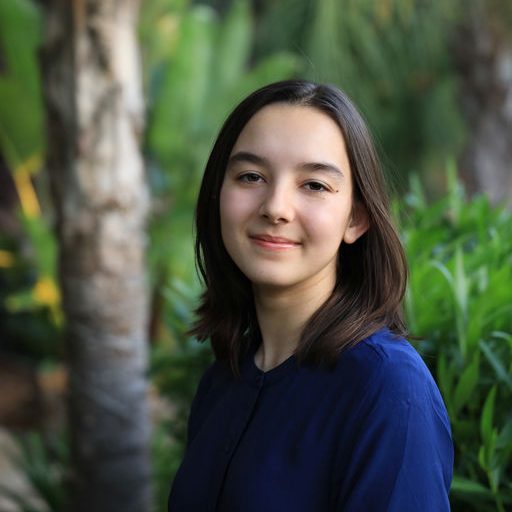Traversing the Data Desert: Pioneering Low-Cost CubeSats | Ashley Raigosa
About This Video
Ashley Raigosa, Undergraduate Studying Computer Science and Astronautics, Stanford University presents a Technical Talk at the 2024 WiDS Worldwide, Stanford conference.
Ashley is deeply involved in developing low SWaP (Size, Weight, Power) CubeSats and is committed to open-sourcing resources for satellite development. She addresses the challenge of pioneering new systems in space environments, where developers typically rely on proven technologies with “flight heritage.” Ashley shares her experience designing flight software and navigation payloads for satellite missions without prior satellite data for reference. In her talk, she explores methods for simulating and testing CubeSats, making them accessible to small organizations and schools at a low cost.
In This Video

Undergraduate Studying Computer Science and Astronautics, Stanford University
Talk Title: Traversing the Data Desert: Pioneering low-cost CubeSats
Abstract: Ashley avidly works on developing low SWaP (Size, Weight, Power) CubeSats and is actively open-sourcing resources for developing satellites. When designing new technologies for space environments, developers tend to rely on systems that have “flight heritage” or have already been proven to work in space. However, how do you overcome this issue when pioneering new systems? Ashley will discuss her experience with designing flight software and navigation payloads for satellite missions that lacked prior satellite data to reflect upon. Within her talk, she will discuss methods for simulations and testing CubeSats which small organizations and even schools can complete in a low-cost manner.
Bio: Ashley Raigosa, currently pursuing an undergraduate Computer Science degree at Stanford and set to graduate in 2026, is passionate about hands-on space engineering and AI. She is currently a Satellites Team lead for the Stanford Space Initiative (SSI) where she contributed towards a successful satellite mission, hosted workshops for local high school and college students, and works on avionics and software for the team’s upcoming satellite. Additionally, she is a current intern at NASA Ames researching deep learning methodologies for exoplanet research. Previously, she investigated star-tracking systems at Stanford and, with the Stanford Space Rendezvous Laboratory, integrated ranging and star-tracker data to improve autonomous satellite navigation. Prior to Stanford, she hosted workshops ranging from AI to rocketry for Title 1 Schools, led a scholarship program for minorities in STEM to teach workshops in their local communities, and was a technical writer for Women in Machine Learning and Data Science.

